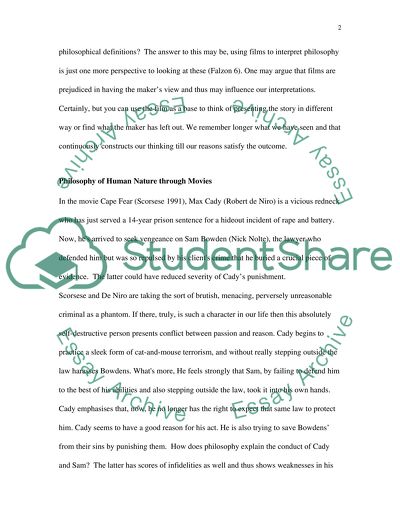Cite this document
(“Human nature as a struggle between reason and desire Essay”, n.d.)
Human nature as a struggle between reason and desire Essay. Retrieved from https://studentshare.org/philosophy/1501897-human-nature-as-a-struggle-between-reason-and-desire
Human nature as a struggle between reason and desire Essay. Retrieved from https://studentshare.org/philosophy/1501897-human-nature-as-a-struggle-between-reason-and-desire
(Human Nature As a Struggle Between Reason and Desire Essay)
Human Nature As a Struggle Between Reason and Desire Essay. https://studentshare.org/philosophy/1501897-human-nature-as-a-struggle-between-reason-and-desire.
Human Nature As a Struggle Between Reason and Desire Essay. https://studentshare.org/philosophy/1501897-human-nature-as-a-struggle-between-reason-and-desire.
“Human Nature As a Struggle Between Reason and Desire Essay”, n.d. https://studentshare.org/philosophy/1501897-human-nature-as-a-struggle-between-reason-and-desire.


